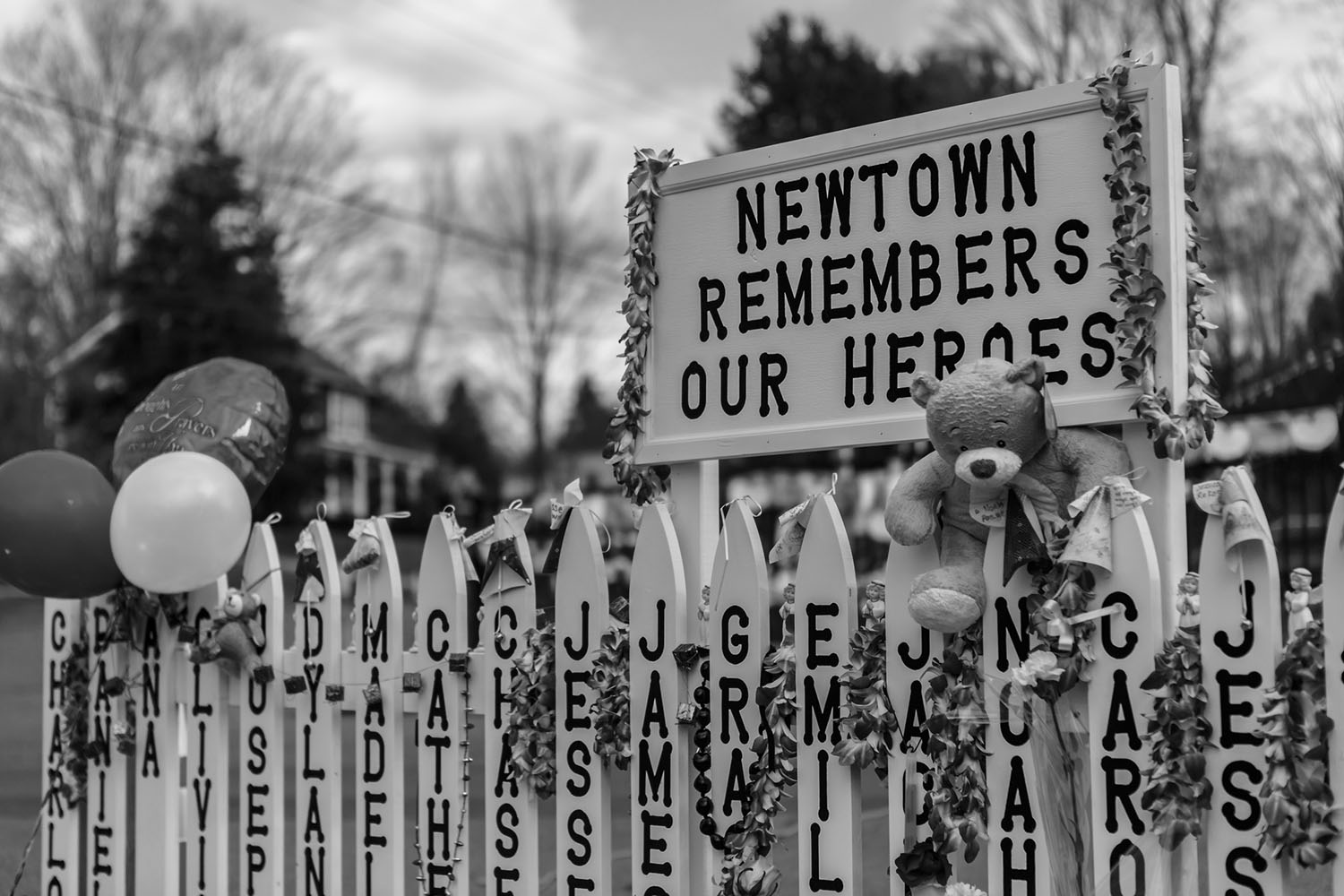Incident Type
Mass Shooting and Workplace Violence
Location
Sandy Hook Elementary School, Newtown, Connecticut
Media Report Details
Deaths: 26, six adults and 20 children
Injured: 2 (non-fatal)
What happened?
On December 14, 2012, Adam Lanza shot his mother at their home in Newtown, Connecticut, then proceeded to drive to Sandy Hook Elementary School and shoot 20 children and six adults before ultimately taking his own life. The Sandy Hook Elementary School shooting, otherwise known as the Newtown shooting, was one of the deadliest and most horrific school shootings in U.S. history, as it took the lives of innocent school children.
Who did R3 support?
While the shooting took place at Sandy Hook Elementary School, the act of workplace violence didn’t just affect those who were directly present at the event. The ripple effect of disruption from the tragedy impacted workplaces such as the call center, not to mention countless other employees within America who thought, “that could’ve been my kid.”
R3 crisis consultants were assigned to support employees at an EAP call center located about five miles from Sandy Hook Elementary School. Many of the employees at this call center were deeply connected to the community and directly felt the impact of the shooting in their lives, both personally and professionally.
Residents of Sandy Hook dreaded the sight of police cars in front of a neighborhood home, because there was a good chance it meant a family had lost a beloved child. Seeing these sights and being in close proximity to the site of the act affected the behavioral health of the EAP call center employees as they came to work each day.
Why was R3 called in?
R3 was called in to provide behavioral health support to the call center employees following the disruption of the shooting. These employees needed direct support in order to function and remain operational during this time, something that was very difficult to do after the horrendous loss.
When the R3 crisis consultants arrived, they set up drop-in sites at the call center to create safe spaces where employees could talk freely about their reactions with a consultant. The R3 crisis consultants offered support through conversations and crisis consulting, helping the employees to process the powerful emotions they were experiencing.
What was the impact of R3’s support?
As a result of R3’s help, the EAP call center employees felt emotionally cared for and were able to maintain their ability to work during this time, as difficult as it was. Most importantly, R3’s consultants helped the employees at the call center by providing them with a support system they could directly access at work, at times that worked for them. Without this support system, the employees may have not reached out on their own for extra behavioral health support and dealt with the grief and loss they were experiencing alone, impacting the quality of their lives and emotional wellbeing as well as their work environment.
Tragedies and acts of workplace violence don’t just affect the workplace they occur in. Don’t wait for an event like a mass shooting to happen to know how you will support your people in their aftermath—talk to us today to learn more about how you can prepare for the ripple effect of disruption with R3’s tailored support solutions.

